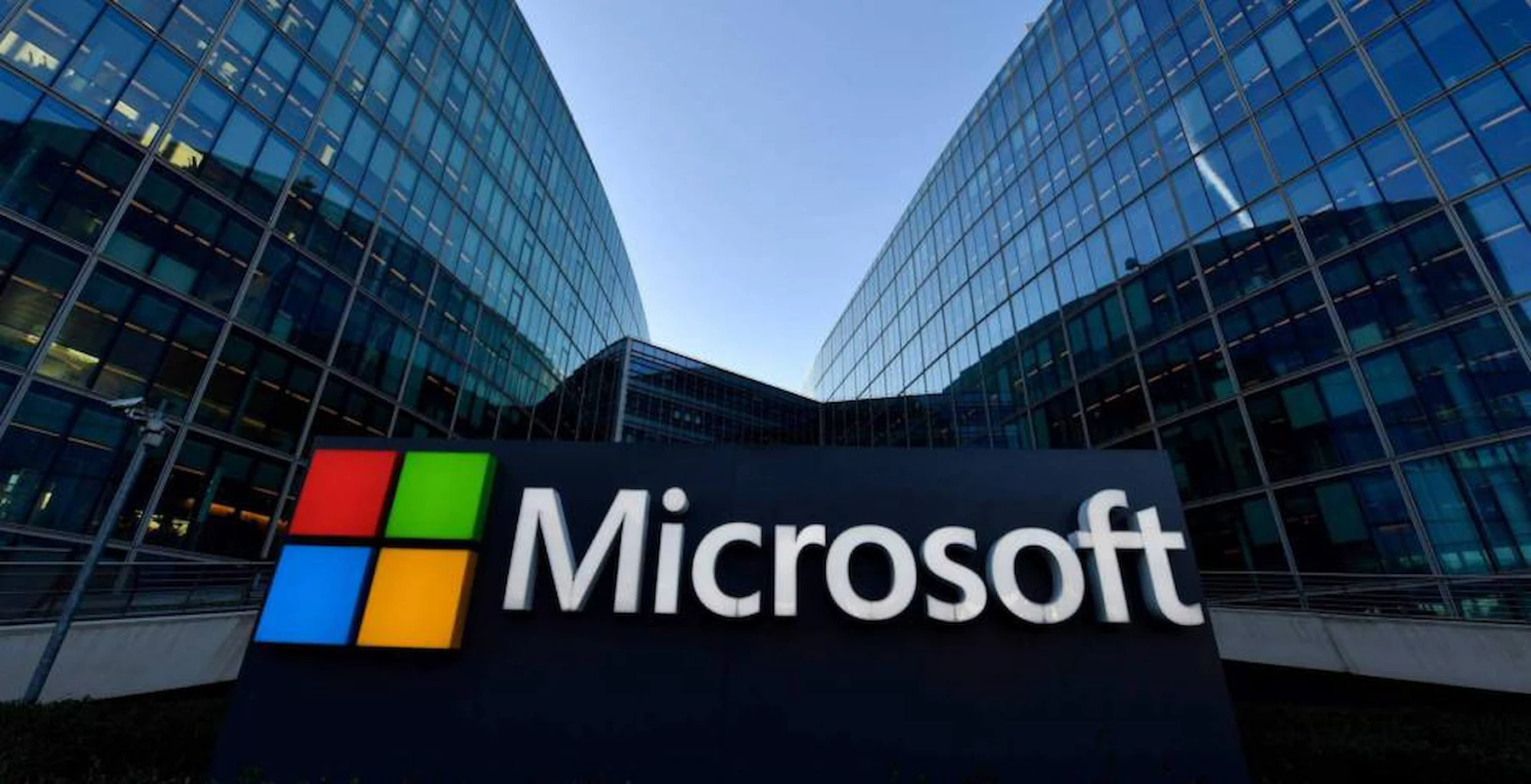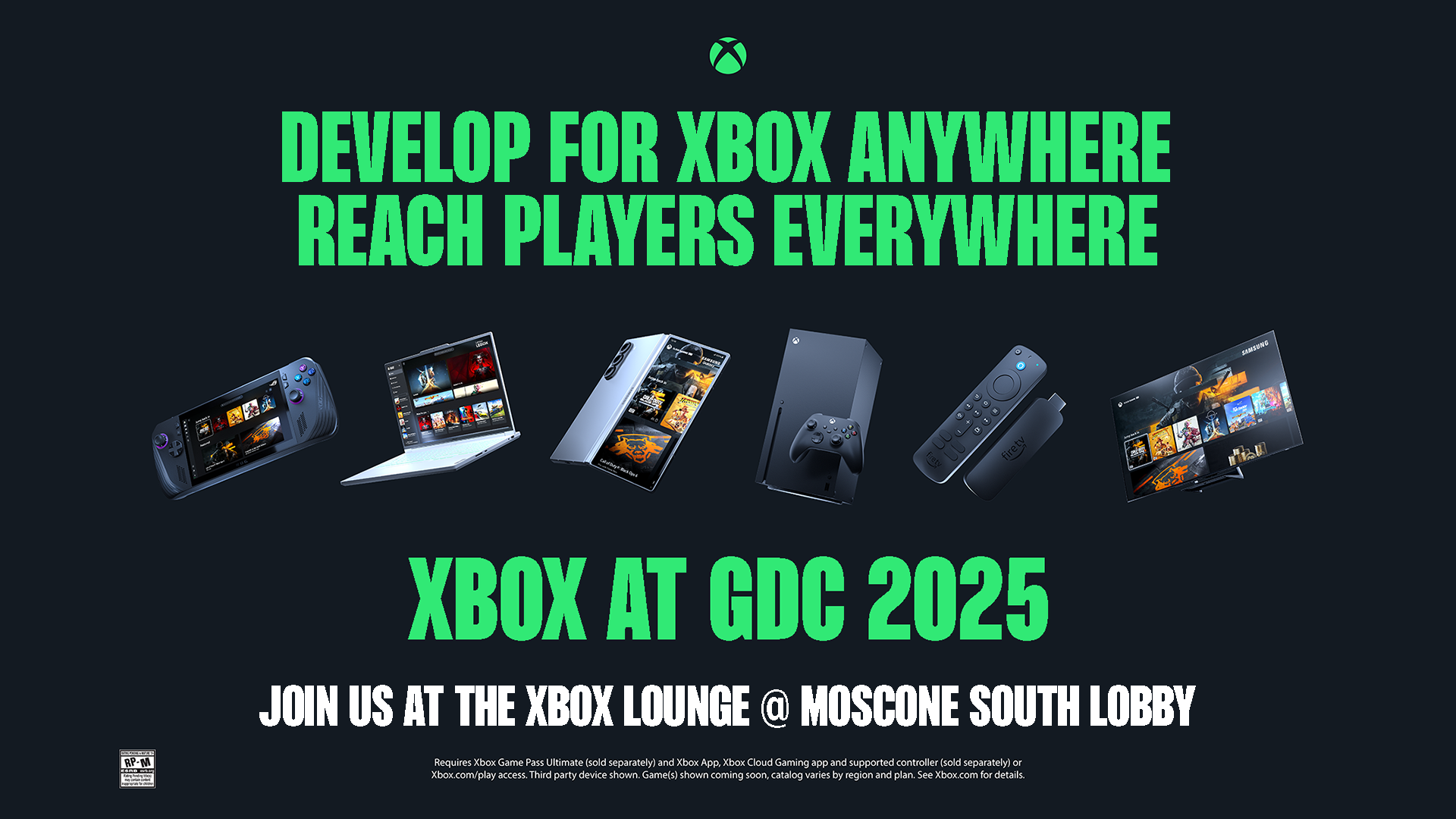Microsoft serves Sony with subpoena requiring it to present info relevant to FTC lawsuit
2 min. read
Updated on
Read our disclosure page to find out how can you help MSPoweruser sustain the editorial team Read more

Confirmation that Microsoft has subpoenaed Sony Interactive Entertainment as it tries to defend itself from an FTC lawsuit against the MS bid for Activision
Sony notes MS first tried this on Jan 12 but had to re-do it on Jan 17. Sony will likely have a reply on the 27th pic.twitter.com/mWW6tyXML0
— Stephen Totilo (@stephentotilo) January 23, 2023
Microsoft served Sony Interactive Entertainment with a subpoena to require it to disclose some information regarding its release schedule or the PlayStation game production pipeline. The software company will use the details to defend itself against the lawsuit filed by the Federal Trade Commission over the proposed Activison megadeal. (via VGC)
It was confirmed through a filing requesting an extension for Sony to move, limit, quash, or respond to the subpoena served by Microsoft on January 17. The original response date was last January 20, but the extension request has moved it to January 27.
“Negotiations between SIE and Microsoft as to the scope of SIE’s production and a discovery schedule are ongoing,” the document reads. “SIE requests an extension of the deadline for SIE to move to limit or quash or otherwise respond to the Subpoena so that SIE and Microsoft can continue to negotiate and thereby eliminate or narrow any issues that need to be presented to the Court for resolution.”
The internal information that will be shared by Sony will be a part of Microsoft’s “fact discovery” that will be relevant to the case filed by the FTC. To recall, one of the agency’s main concerns is the merger’s impact on Microsoft’s competitors, such as Sony’s PlayStation, which is very vocal in expressing the importance of Activision’s Call of Duty in the game industry. With this, Microsoft wants Sony to share some details that will help the former build its defense in the case, though the scope of info that will be presented by the latter will be limited.
The FTC decided to sue Microsoft in December to block it from acquiring Activision Blizzard, the owner of Call of Duty, and several other well-known games. One of the main concerns the agency has raised is the merger’s potential to harm the competition in the gaming industry. The FTC also formerly claimed that Microsoft assured the European Commission during the ZeniMax deal that it would not hold back ZeniMax titles from its rivals but reversed its decision after the deal cleared. The European watchdog, however, denied FTC’s claims.









User forum
0 messages